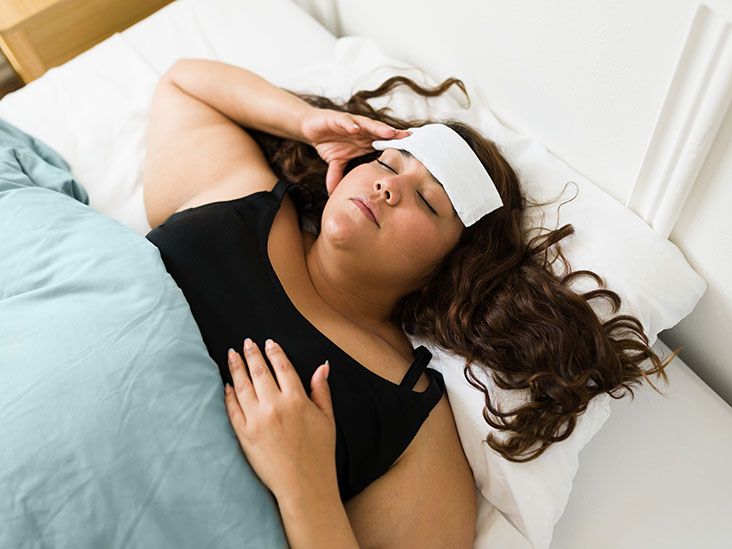What Are The Warning Signs of Sleep Apnea | Sleep and Headache Solutions, North Carolina
Sleep apnea is a prevalent sleep disorder characterized by pauses in breathing during sleep, leading to disrupted sleep patterns and potential health complications. Recognizing the warning signs of sleep apnea is crucial for early detection and intervention.
Sleep and Headache Solutions in North Carolina sheds light on the common indicators that may suggest the presence of sleep apnea.

Loud Snoring
One of the hallmark symptoms of sleep apnea is loud and persistent snoring. While occasional snoring is common, especially among individuals who sleep on their backs, loud and chronic snoring can be a sign of obstructive sleep apnea. The snoring may be accompanied by choking or gasping sounds as breathing resumes after a pause.
Daytime Fatigue
Experiencing excessive daytime sleepiness or fatigue despite spending an adequate amount of time in bed is another warning sign of sleep apnea. People with sleep apnea often wake up feeling unrefreshed and may struggle to stay awake during the day, which can impact their performance at work or school.
Morning Headaches
Frequent morning headaches, especially those that persist despite adequate hydration and pain relief measures, can be indicative of sleep apnea. These headaches may be caused by the fluctuating oxygen levels and increased carbon dioxide levels that occur during episodes of apnea, leading to vascular changes and inflammation in the brain.

Witnessed Pauses in Breathing
In some cases, sleep apnea may be observed by a bed partner or family member who notices pauses in breathing during sleep. These pauses, known as apneas, may be accompanied by snorts, gasps, or choking sounds as the individual attempts to resume breathing.
Dry Mouth or Sore Throat
Waking up with a dry mouth or sore throat can be a sign of breathing through the mouth during sleep, which is common in individuals with sleep apnea. The repeated interruptions in breathing can lead to changes in airflow and increased mouth breathing, resulting in dryness or irritation of the oral and throat tissues.
Mood Changes and Irritability
Sleep apnea can have a significant impact on mood and emotional well-being. Individuals with untreated sleep apnea may experience mood swings, irritability, difficulty concentrating, and feelings of depression or anxiety due to the chronic sleep deprivation and oxygen deprivation associated with the disorder.

Conclusion
Recognizing the warning signs of sleep apnea is the first step toward seeking diagnosis and treatment. If you or a loved one experiences any of these symptoms, it's essential to consult a healthcare provider for a comprehensive evaluation. At Sleep and Headache Solutions in North Carolina, our team specializes in diagnosing and treating sleep disorders, including sleep apnea, to help you achieve better sleep and overall health.
Comments
Post a Comment